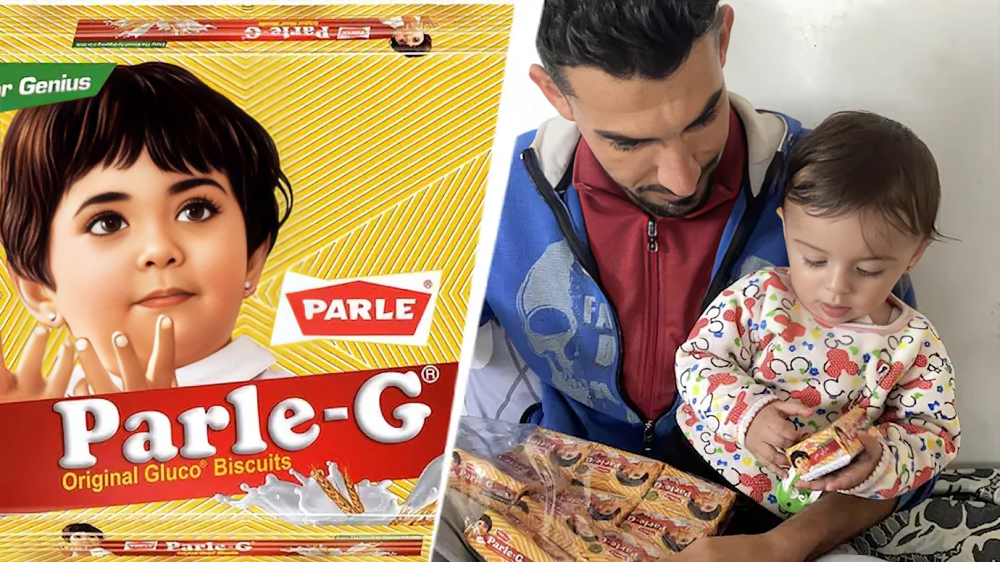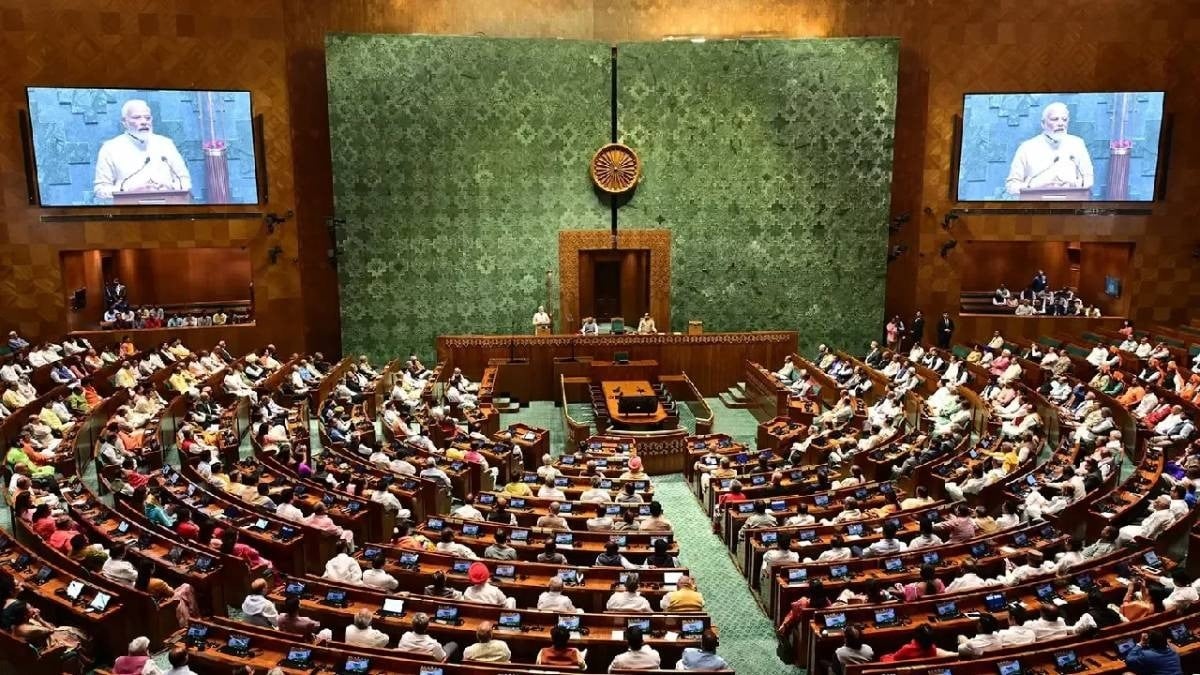A familiar snack in India, the Parle-G biscuit, which has been cherished for decades as a symbol of comfort and nostalgia, is now selling for an astonishing ₹2,400 in Gaza. This figure reflects not just stark hyperinflation but the harsh realities of survival in a conflict zone, illustrating the devastating impact of siege and scarcity on everyday life.
Launched in 1938, Parle-G has been an affordable staple across Indian households, known for its reliability and universal appeal. In stark contrast, within the besieged city of Gaza, this inexpensive biscuit has transformed into a rare luxury item, with its price inflated nearly 500 times. The presence of Parle-G in local markets speaks volumes about the dire conditions faced by those living under conflict, where desperation and economic collapse have become the norm.
Since the resurgence of the Israel–Hamas conflict in October 2023 and the subsequent blockade that intensified in March 2025, Gaza has descended into a profound humanitarian crisis. Over two million residents find themselves trapped, grappling with acute shortages of food, medicine, fuel, and clean water. Organizations like the World Health Organization have warned of an impending famine, with children succumbing to malnutrition and over half a million people facing catastrophic hunger. Amid these alarming circumstances, the cost of basic food items has surged dramatically—reports cite bags of flour hitting around 500 shekels (approximately $150), while many families have endured days without food.
The eye-watering price tag of ₹2,400 for a packet of Parle-G embodies the severe scarcity and rampant exploitation within a black market that has sprouted under the blockade. With traditional trade routes closed, commercial imports have disappeared, leaving sporadic humanitarian aid as one of the few lifelines. However, this aid often quickly falls into the hands of exploitative resellers. In this harsh climate, a father’s choice to pay a staggering ₹2,300 for a single packet of biscuits to comfort his child encapsulates the dire choices families face. Other staples have similarly become prohibitively expensive—1 kg of sugar costs approximately ₹4,914, while essential cooking oil and onions are priced at ₹4,177 and ₹4,423, respectively.
Historically, Parle-G has evoked fond memories of childhood for many in India. In Gaza, however, the biscuit has come to symbolize resilience and a yearning for lost normalcy. Social media has been awash with poignant narratives of parents sacrificing their last funds to provide their children with a taste of familiar joy amidst chaos. What was once a common snack in India now signifies extraordinary moments of comfort in an environment dominated by uncertainty and despair.
India has maintained a longstanding relationship with the Palestinian cause, extending political support and humanitarian aid. Products like Parle-G generally reach Gaza through aid shipments that navigate the Rafah crossing with Egypt. However, the current blockade has severely limited even these essential supplies, allowing only a trickle of aid to reach those in desperate need. Despite the best efforts of Indian NGOs and diaspora groups to provide assistance, access remains perilously restricted.
Gaza’s dire situation has entrenched an underground economy driven by need. Smuggling and black-market trade have become lifelines for survival, with vital goods now marked by inflated prices. Essential items, such as baby formula and medicine, have become unattainable for most families, driving them to extreme measures to survive. In this harrowing context, even a simple biscuit transforms into both a source of comfort and a form of currency.
Accounts from within Gaza paint a sobering picture of a population on the brink. Aid workers describe children collapsing from hunger, overcrowded soup kitchens, and parents resorting to boiling weeds for sustenance. In this setting, purchasing a ₹2,400 biscuit reflects not indulgence but a profound act of defiance against overwhelming despair.
Beyond Gaza, similar scenarios unfold in other war-affected regions like Syria, Yemen, and Sudan, where fundamental goods have become unaffordable. War not only devastates cities but also distorts economies and strips away human dignity, turning basic needs into unattainable dreams.
Parle-G was once encapsulated by the slogan, “G for Genius.” In Gaza, it has evolved into a symbol of grit, sorrow, and fragile hope—a poignant reminder of a day when peace might be restored, and a biscuit will once again be just that: a biscuit. The steep price reflects not merely an economic crisis but a humanitarian alarm, underscoring the urgent need for open borders, consistent aid, and, fundamentally, a lasting ceasefire.










